| It has been several weeks since a gunman murdered seventeen people at Marjory Stoneman Douglas High School in Parkman, FL. I've started writing this blog at least a half-dozen times. But the landscape of our national debate (use of the term debate is putting it very mildly, indeed) has shifted so quickly and so often, it's like trying to describe an earthquake in progress. |
Caveat: I'm not a behavioral scientist. The points I raise here will be purely opinion, based on my own thoughts, feelings, perceptions, and conclusions.
For years it has been hotly denied by the entertainment industry that music, television, film, and video games have any measurable effect when it comes to the behavior of consumers. "It's make believe," they say. "Everyone knows the difference."
Do they?
Although this article is not an indictment of the entertainment industry, let's look at a few high-level statistics: I'm not exactly sure when I first came across first-person shooters - probably around the 1992 debut of Microsoft's Wolfenstein 3D. Sure, shooting games had been around for years before then but, for me, it really kicked off with the irreverent Duke Nukem 3D installment in which the hero intoned, "It's time to kick a$$ and chew gum; and I'm all outta gum."
| Despite the eye-popping revenues raked in by the video game industry, Hollywood is still king. Led by a band of intrepid superheroes, the top ten films of 2017 earned over $11 billion, helped over that fiscal line by the Star Wars juggernaut, The Last Jedi (Business Insider). Although kid-friendly films like Beauty and the Beast and Despicable Me 3 finished number one and four respectively, 70% of the top ten were action-oriented. Putting on my best impression of pirate captain Hector Barbossa, "That means violent." According to the Pew Research Center, a whopping 73% of teens have access to a smartphone. All, or at least most of them, will have access to free-to-play first person shooter content, like that offered by Call of Duty: Heroes. So, what is a hero? Merriam-Webster online lists the first definition as, "a mythological or legendary figure often of divine descent endowed with great strength or ability." |
"I want to meet them!"
Yes, but also, "I want to be just like them!"
These days, there are heroes everywhere. The sport and film stars are still there. The old-school, traditional heroes are still there (teachers, police, firefighters, etc.). And they've been joined by a whole new breed of anti-hero. Anti-heroes go against the grain. The 80s were awash in young anti-heroes. Just watch a re-run of The Breakfast Club or Ferris Bueller's Day Off.
These days, society celebrates those who are different. And why not? Diversity is a good thing, right?
Except when it comes to someone who is so different from the rest of us that they desire to kill.
I won't use names here because many mass murderers' ethos includes narcissistic and attention-seeking tendencies. Not going to get it from me. Sorry.
| I am a writer, so I understand character motivation. In the entry for the television series Breaking Bad, Wikipedia reads, "Breaking Bad is widely regarded as one of the greatest television series of all time." What makes the show so great? This isn't a television critique, so I won't go there. The article's introduction highlights the lead (i.e., hero) character's motivation: It tells the story of Walter White (Bryan Cranston), a struggling high school chemistry teacher diagnosed with lung cancer. Together with his former student Jesse Pinkman (Aaron Paul), White turns to a life of crime by producing and selling crystallized methamphetamine to secure his family's financial future before he dies, while navigating the dangers of the criminal world. White is a hero. He's sacrificing all sorts of things in order to provide for his family's future. That makes him a good guy, right? Not so much. At least not in my opinion. |
But where is the line between fantasy and reality? I don't mean fantasy like sword and sorcery. In this case, fantasy is anything in someone's mind that does not conform to social norms, laws, etc.
And this brings us to America's love affair with guns.
| A prominent thread on social media this past week highlighted Matt Damon's supposed desire to move to Australia. I didn't read the articles. Frankly, I couldn't care less where Matt Damon lives; none of my business. Pro-Second Amendment-types made hay with an image showing Matt standing in front of a movie poster for the film 12 Strong. The poster features lead actor Chris Hemsworth on horseback wielding... an assault rifle. |
The statement I've seen most often in the weeks that followed the Parkland shooting is a variation of, "No one needs an assault rifle except the military and maybe Law Enforcement."
This statement is usually followed with even more stringent rhetoric. "All semi-automatic rifles should be banned!"
As if the person truly believes that all semi-automatic rifles are to be considered assault rifles.
I don't want to rehash all the back and forth between the two sides in this argument. And make no mistake; there are only two sides. Sure, there may be a few people in the middle trying to parse things a little more finely in an effort to reach some sort of detente but, ultimately, it comes down to two: those who support the literal meaning of the Ssecond Amendment and those who don't.
Mrs. Untactical and I own a grand total of three firearms. And here they are, in order of acquisition:
1. .32 Smith & Wesson Revolver: We inherited this pistol from my mother. Her dad was a deputy-sheriff in Spartanburg County, SC back in the day. This pistol is nickel-plated with mother-of-pearl handles; basically a six-shooter if you grew up watching westerns.
2. Ruger 9E Semi-automatic Pistol: We purchased this gun last year as we began our journey into the firearm community. It was relatively inexpensive and shoots great. A very accurate pistol for both of us and we like it a lot.
For those who don't know, guns in general are FREAKING expensive! So, despite your various opinions on the law and the constitution, not everyone can afford to rush out and gun-up like it's the zombie apocalypse. Between the cost of the gun itself, ammo, training, licensing, and accessories, you are talking at least several hundred dollars, if not a couple of thousand.
3. Springfield XD Mod 2 Sub-compact Semi-automatic Pistol: Technically, we own this gun - we just don't have it, because it's currently on lay-away at one of our local retailers not named Dick's, Wal-Mart, Kroger, etc.
And, honestly, the only reason there is not an AR-15 style rifle on this list is because we can't afford the one we want (yet).
What you have in the Second Amendment is, generally, a couple of independent clauses. Separating independent clauses is one of the jobs for which we use the comma. The other primary purpose for a comma is to insert a pause in a sentence. Let's break it down using those definitions:
A well-regulated militia <pause> being necessary to the security of a free state <separation between independent clauses> the right of the people to keep and bear arms <pause> shall not be infringed.
You see, the framers wanted this (and all the other text of the Constitution and various amendments) to be crystal clear. Back in the 1800s, folks tended to write much more formally than we do today. If we (normal folks like you or me) were writing the second amendment today, it would read something like this:
A well-regulated militia is necessary for state security. The citizens of the United States have a perpetual right to keep and use weapons.
Instead of commas, we would just use periods. Periods are easier for us to understand . Periods are kind of like the Harry Truman of punctuation. Here's what I want to say <stop>. Here's something else I want to say <stop>.
This subject has all sorts of little rabbit holes we could explore. But if you've read this far, I don't want to keep you. It's Saturday and you probably have better things to do, like spend time with your family or go to the range. Maybe you need to spend time with your family at the range!
Mrs. Untactical and I were able to begin our journey into the wide world of firearms specifically because the Bill of Rights guarantees us the freedom to do so. And while we mourn alongside everyone else the senseless loss of life at Parkland and elsewhere, we do not believe that banning guns - and let's face it, that's EXACTLY where this is leading - is the answer.
There are millions of law-abiding gun owners in this country and taking our guns away is not going to keep bad people from doing bad things. So let's work together as a country to solve the real problems and leave the strong foundations of America intact.
Stay safe, thanks for reading, and God bless.
Mr. Untactical

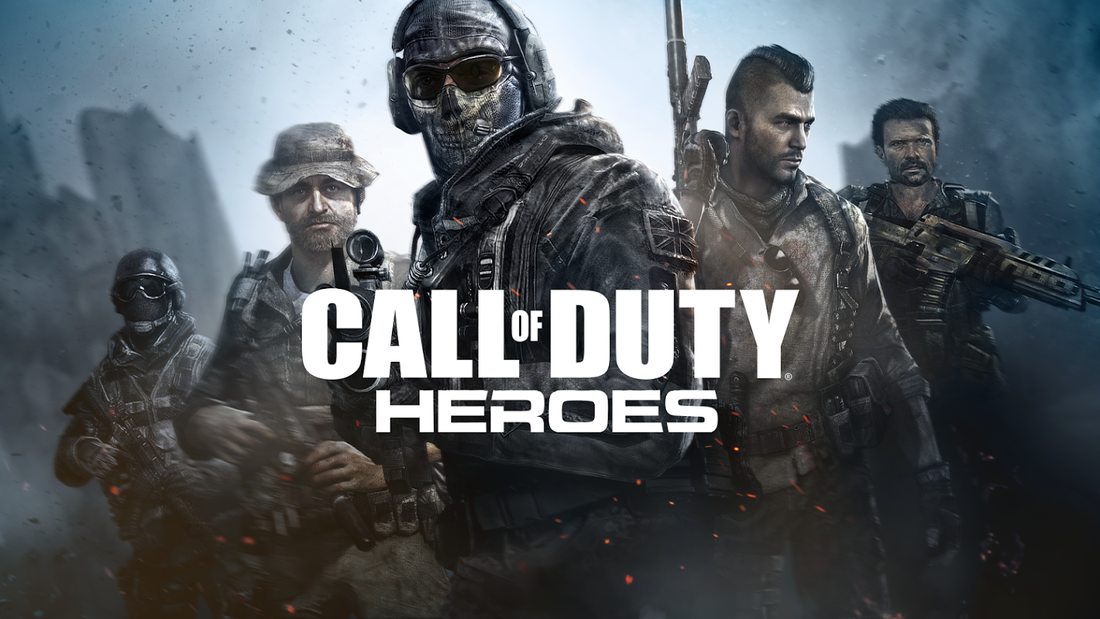
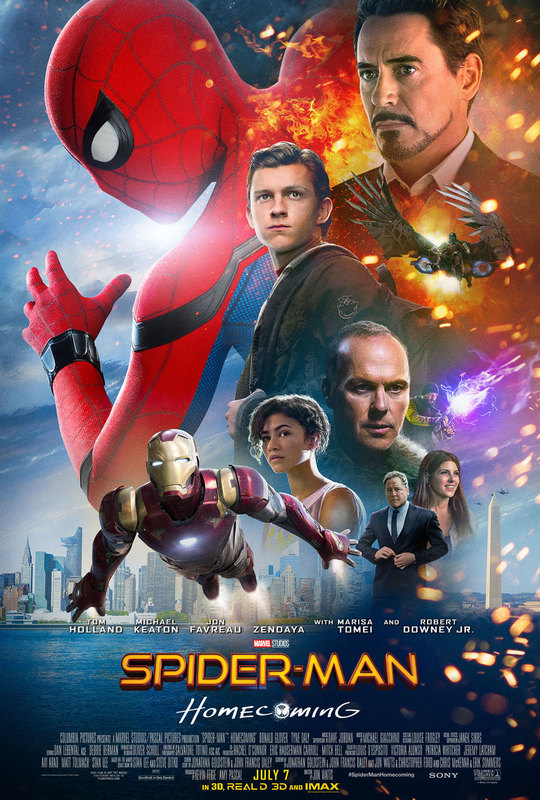
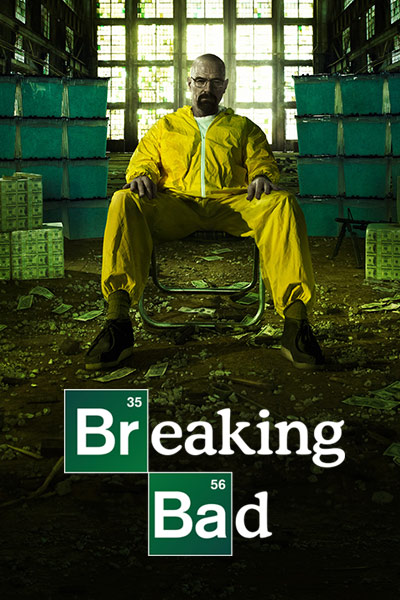
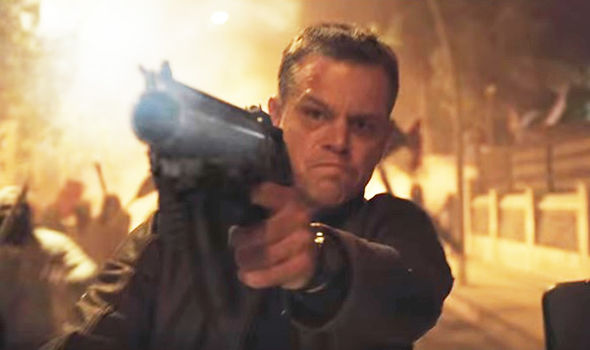
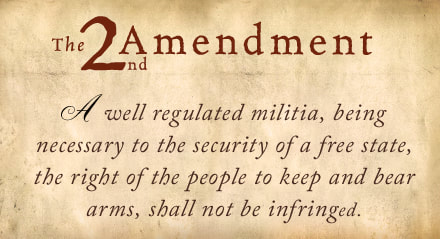
 RSS Feed
RSS Feed
